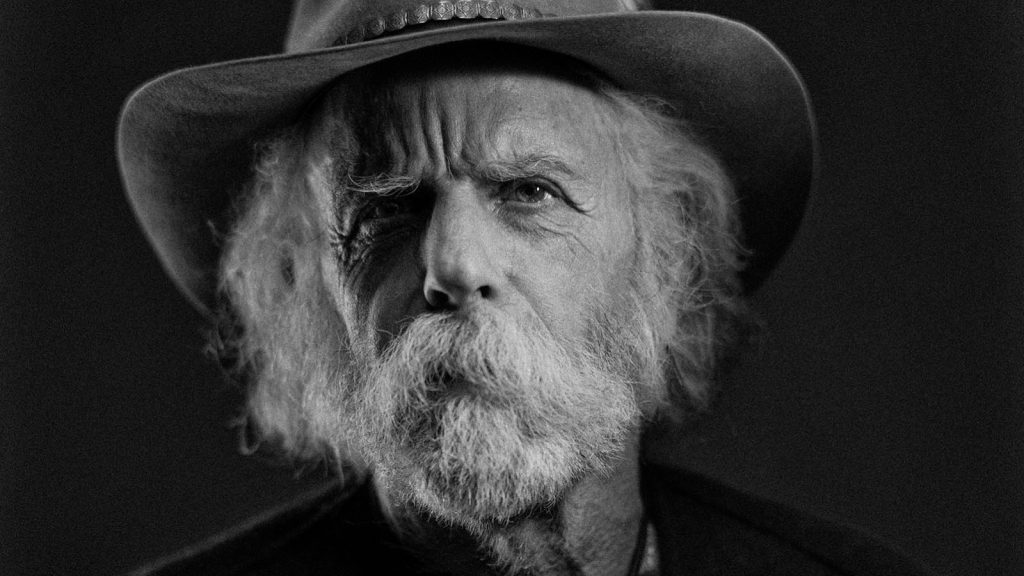Bob Weir’s Busy Schedule and Recent Honors
Since 1965, Bobby Weir has been virtually non-stop on tour, but the last few weeks have been especially hectic even for him. In December, he and his band, the Grateful Dead, received accolades at the Kennedy Center in Washington, D.C. Moving into late January, they will be celebrated as MusiCares’ Persons of the Year in Los Angeles. In the coming days, Weir will also attend the 67th Grammy Awards, where he’ll pose for a memorable photo with Taylor Swift that’s bound to excite Deadheads further. Following that, in March, he will resume his Dead & Company residency with 18 additional shows at the Sphere, alongside his solo project Wolf Bros., which will continue collaborations with orchestras nationwide.
Weir’s Perspective on Recognition
At 77, Weir remains unfazed by the honors coming his way. He shares, “If you hang in there long enough, people start paying attention to you.” He muses that perhaps he’ll be taken more seriously by future grandchildren, insisting, “I’m the same guy. I still get out of bed each morning, and my back’s cranky. Nothing much has changed.”
Legacy of the Grateful Dead
Weir, who joined the Grateful Dead at just 16 after meeting Jerry Garcia, is one of the remaining members alongside drummers Mickey Hart and Bill Kreutzmann. Following the loss of bassist Phil Lesh in October 2024, Weir reflected on their discussions about a potential reunion for the band’s 60th anniversary and expressed uncertainty about the future direction without Lesh.
The Unique Musical Language of the Grateful Dead
Weir articulates the unique understanding shared among the band members, saying, “We speak a language that nobody else speaks.” This synergy, communicated through subtle cues and reflections, has been key to their decades-long success. However, he acknowledges that the dwindling number of original members makes this communication more challenging.
Reflections on Social Issues and Music’s Role
In light of current national issues, Weir expresses hope that music can unite the country. He notes the polarizing effects of the media, stating, “Nothing else is going to work,” and adds, “People will really need the music.” He also shares his thoughts on political events, including his endorsement of Kamala Harris, expressing his apprehension about the future but remaining hopeful.
Future Plans and Continuing Legacy
Weir is still considering writing a book titled It’s Always July Under the Lights and is working on it intermittently. He reflects on how he wishes to be remembered, focusing on his contributions to cultural unity through music. Despite the losses of his bandmates, he remains committed to the ongoing legacy of Grateful Dead’s music, believing it will continue to resonate through tribute bands and new projects.
Personal Philosophies and Life Lessons
On the topic of aging and mortality, Weir offers the perspective that he looks forward to death as a “reward for a life well-lived,” while acknowledging the ongoing challenges he faces. He candidly discusses his ambition and the balance between self-criticism and pride, showing a deep reflection on his journey in music and life.



